“Dear Human:
You’ve got it all wrong. You didn’t come here to master unconditional love. This is where you came from and where you’ll return. You came here to learn personal love. Universal love. Messy love. Sweaty Love. Crazy love. Broken love. Whole love. Infused with divinity. Lived through the grace of stumbling. Demonstrated through the beauty of… messing up. Often.
You didn’t come here to be perfect, you already are. You came here to be gorgeously human. Flawed and fabulous. And rising again into remembering. But unconditional love? Stop telling that story. Love in truth doesn’t need any adjectives. It doesn’t require modifiers. It doesn’t require the condition of perfection.
It only asks you to show up. And do your best. That you stay present and feel fully. That you shine and fly and laugh and cry and hurt and heal and fall and get back up and play and work and live and die as YOU.
Its enough. It’s Plenty. ― Courtney A. Walsh
They say, the only emotion we as human beings cannot ‘manufacture’ ourselves is “Awe”. It must come from the world outside – when we experience something bigger than ourselves or simply something bigger, that we ourselves are a part of. Its definition and meaning – an emotion that lies in the upper reaches of pleasure and on the boundary of fear- like most definitions and meaning, does not contain its experience. The experience of awe – the meeting with something bigger- is the feeling of transcendent splendor when human limitation meets and inspires its own, very human audacity. Only in our limitations can we as humans, experience awe! Limitless potential, it seems, could never inspire awe!
The Sufis believed in reminding humanity; they believed it’s the message and not the man; they understood the gift of human limitation and celebrated their awe for the divine, through their own mystical traditions of dance, music, and poetry all the way from Persia to India. It’s like they one day simply decided to stop carrying the weight of unconditional love and started celebrating unconditional love! Their expressions still natively exist in Persian, Turkish, Urdu, Sindhi, Pashto, Punjabi and Hindi. The Dervish, founded by the Sufi mystic and poet Rumi, are known for their whirling dance. More than a Turkish dance or a meditation, they seem to be twirling in an ecstatic trance of the divine – celebrating Awe, it seems, is very different from experiencing it – the mood and melody cannot be translated, only be experienced!
A Sufi poet once wrote with mood and melody – “…majesty of the Beloved is like the sun that can be seen reflected in a mirror. Yet, looking into the mirror you see your beloved in your own image.” If untranslatable mood and melody of Sufi poetry present a limitation, then it is in awe that we find different words pulsating with the same sentiment – this time with words that themselves form the ‘mood and melody’- “The time will come when, with elation you will greet yourself arriving at your own door, in your own mirror and each will smile at the other’s welcome, and say, sit here. Eat. You will love again the stranger who was your self. Give wine. Give bread. Give back your heart to itself, to the stranger who has loved you all your life, whom you ignored for another, who knows you by heart. Take down the love letters from the bookshelf, the photographs, the desperate notes, peel your own image from the mirror. Sit. Feast on your life.” – Derek Walcott (Definitely a ‘Sufi’!)
Sufi or not, there is definitely a mood and a melody to the Spring Dervish, much like the Sufi poetry, that cannot be fully translated. It must be experienced natively but mostly it must be reminded! Some days, when the weather is right, the taste of milk mixed with the aroma of Rose gives the Spring Dervish a mystical vibe. Other days, Sweetness on the palate with aroma of Vetiver and Sandalwood, with the notes whirling like Dervishes are sufficient. Yet other days, the refreshing floral freshness mixed with the milky taste leaves nothing more to be aspired. There is always a relaxed, cooling effect that the notes conjure. The Dervish takes a lemony and slightly sugary, dessert like turn as it cools down. It cannot be emphasized enough – how distinct the taste of Milk on the palate is or how the notes of Rose, Khus and Sandalwood take turns twirling. Made in late Spring with mixed cultivar leaves the flavor is slightly more flowery than fruity with the spring woodiness mixed with salted butter.
“Two things possess the power, Two things deserve the name, Two things can reawaken Perpetually the flame. Two things are full of wonder, Two things cast off all shame. One is known by the name of Death. And the other has no name, Except the name each gives it — In no single mouth the same.” – Langston Hughes
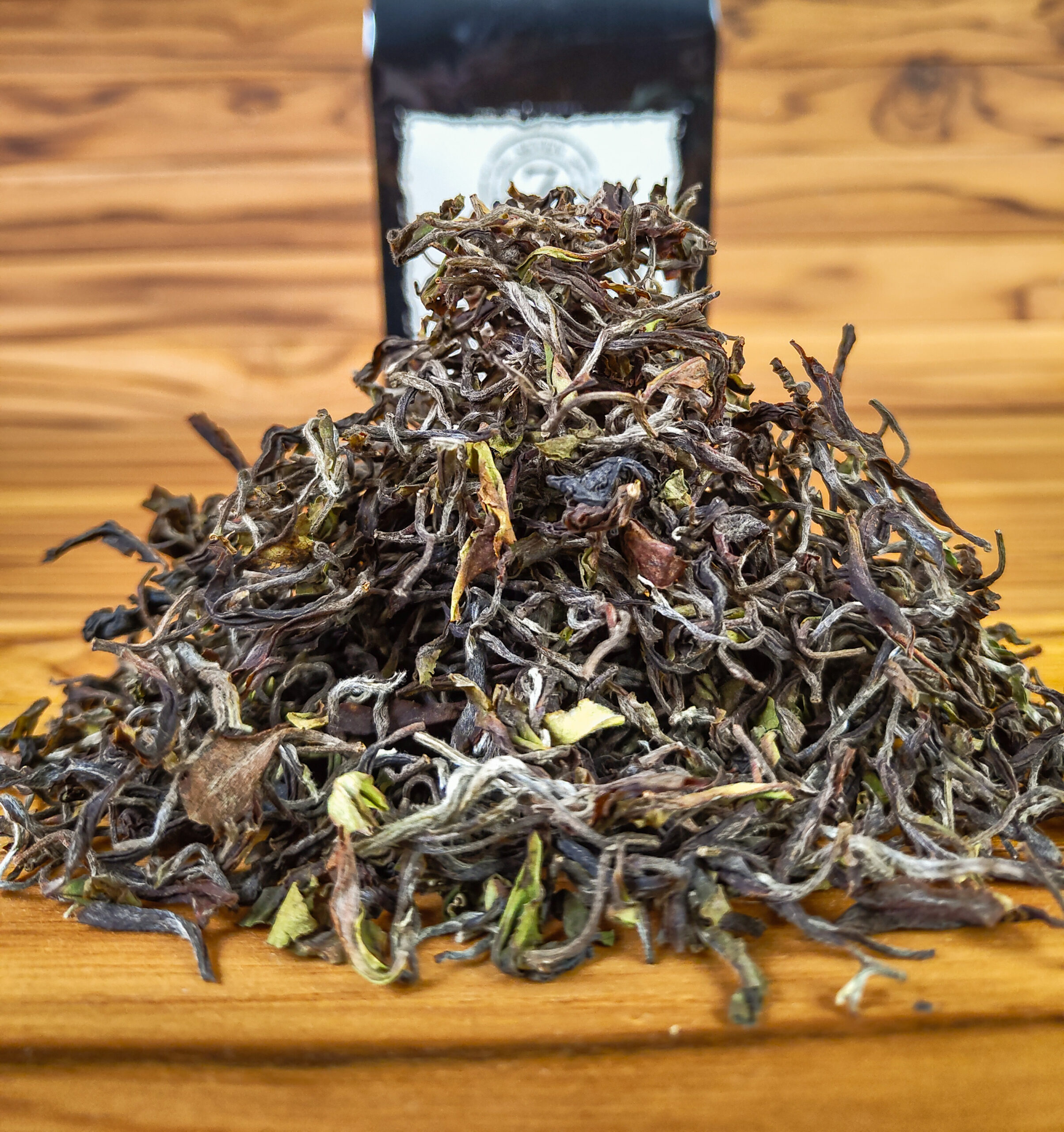
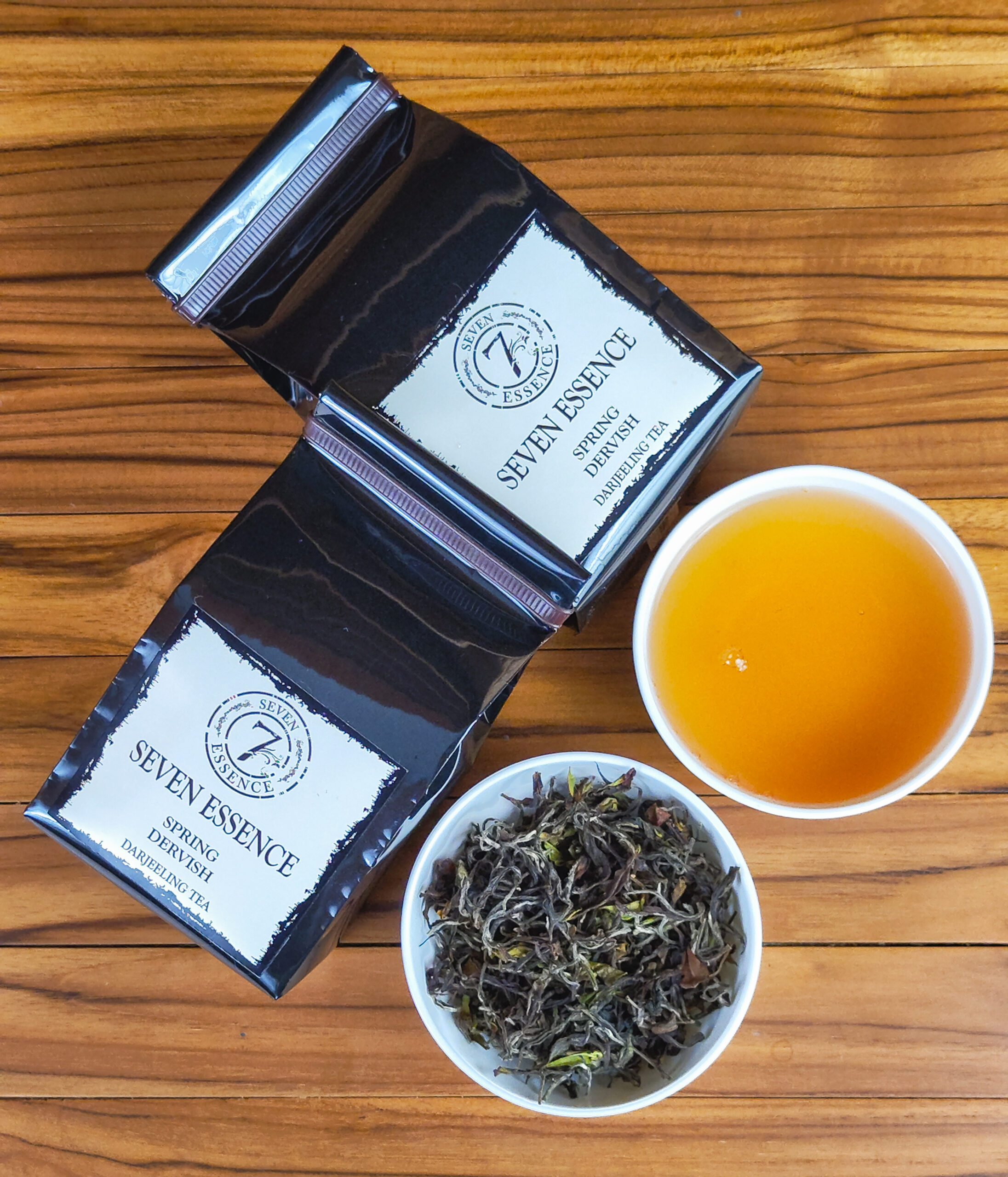
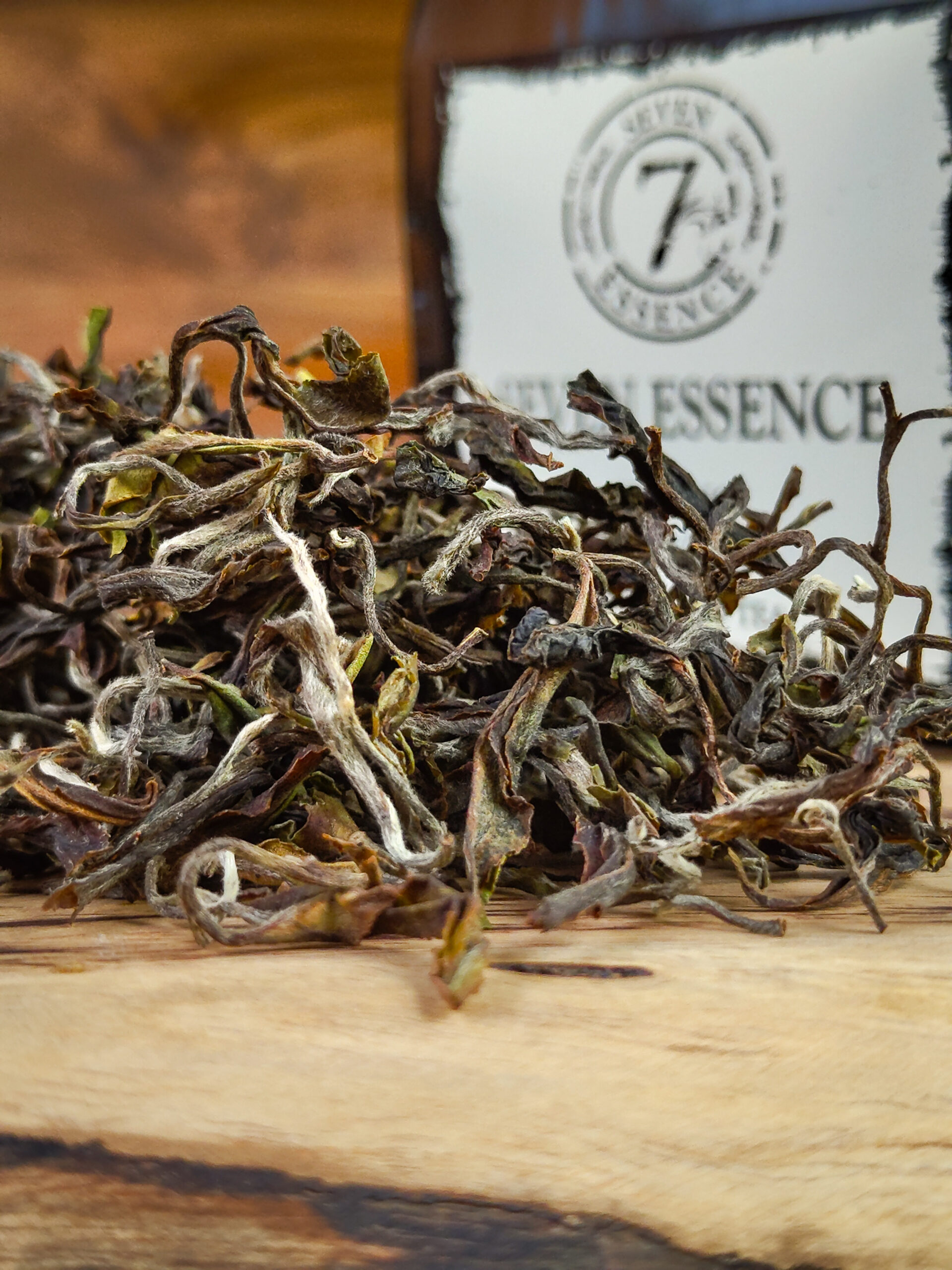
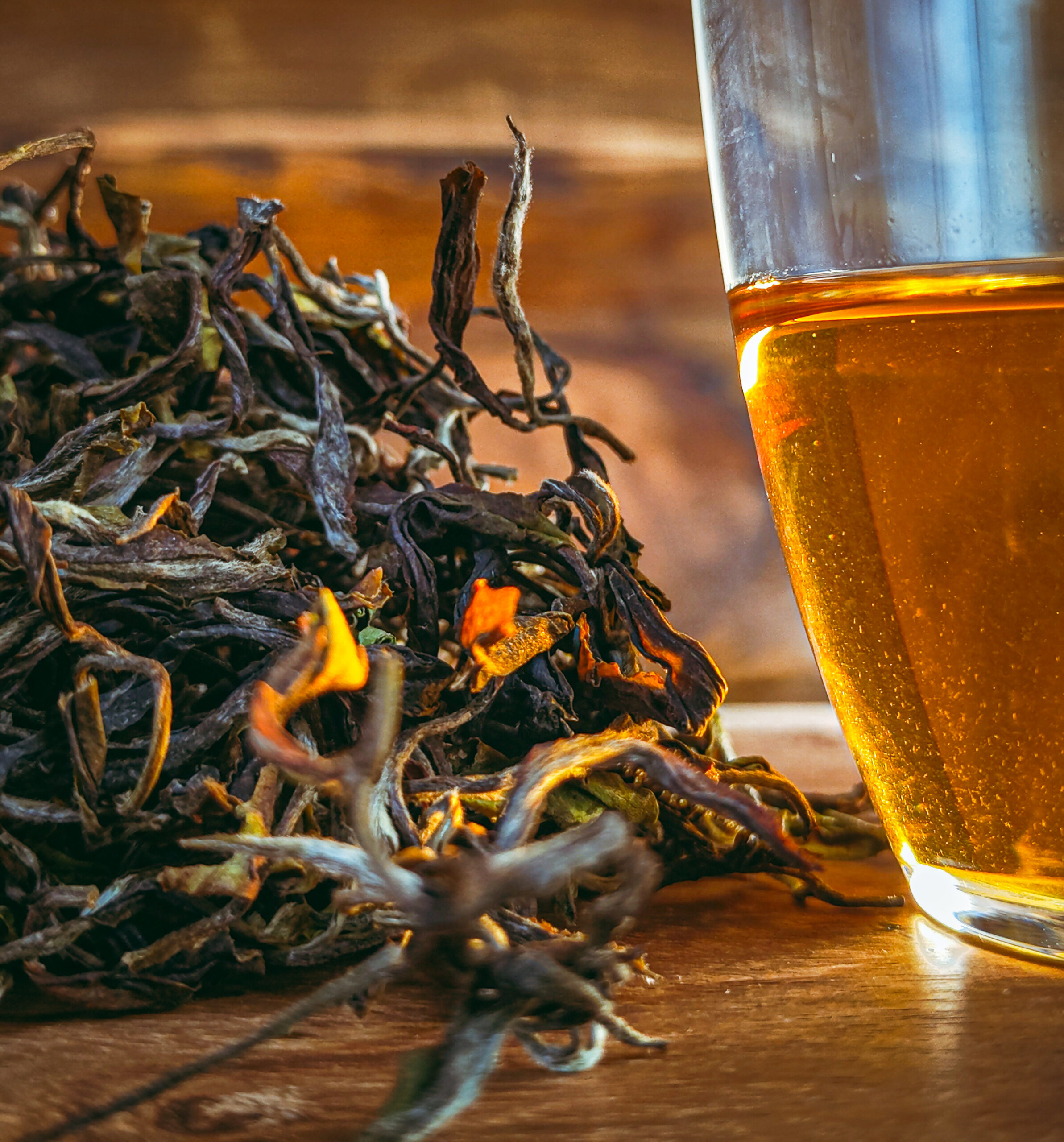
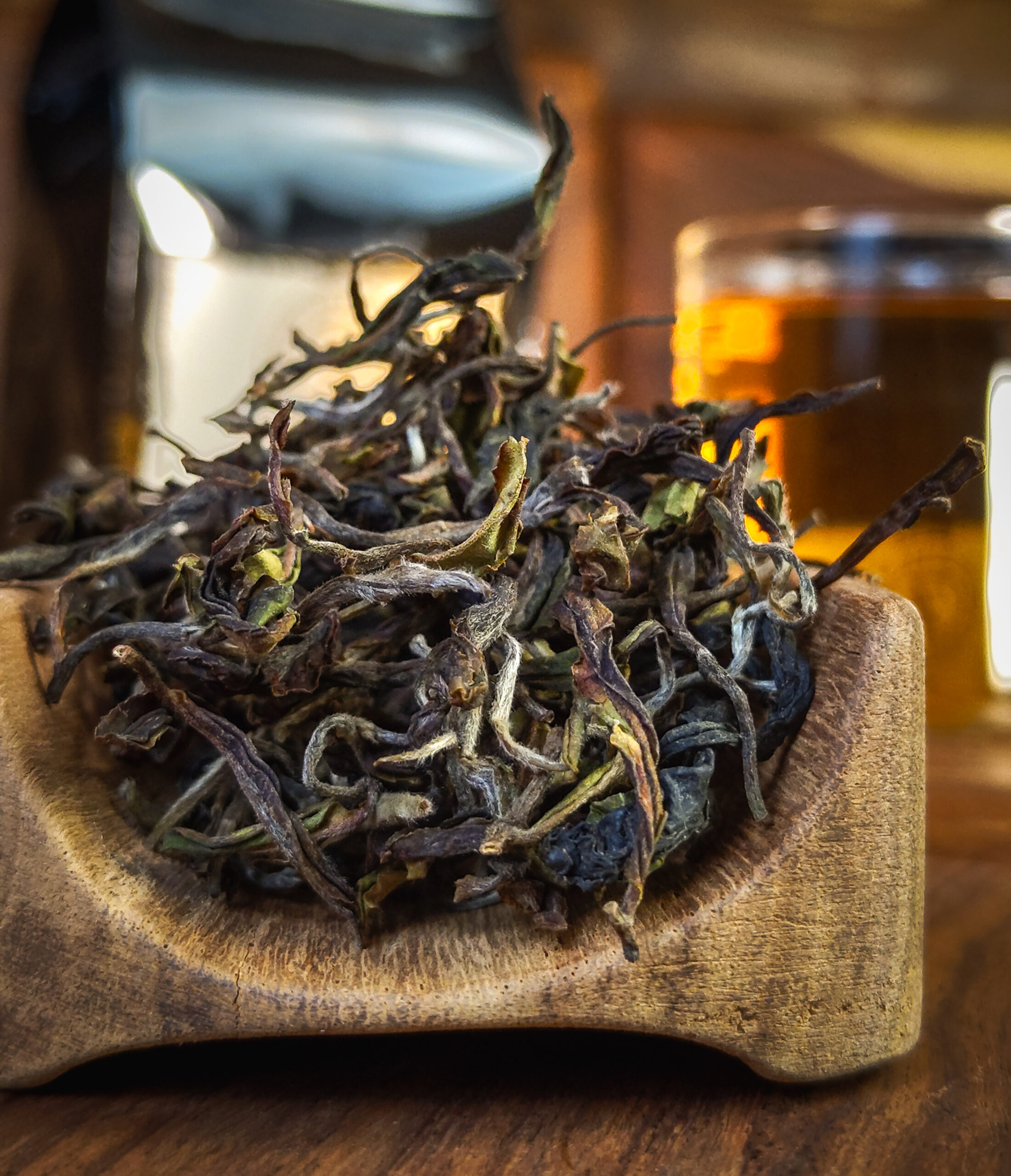
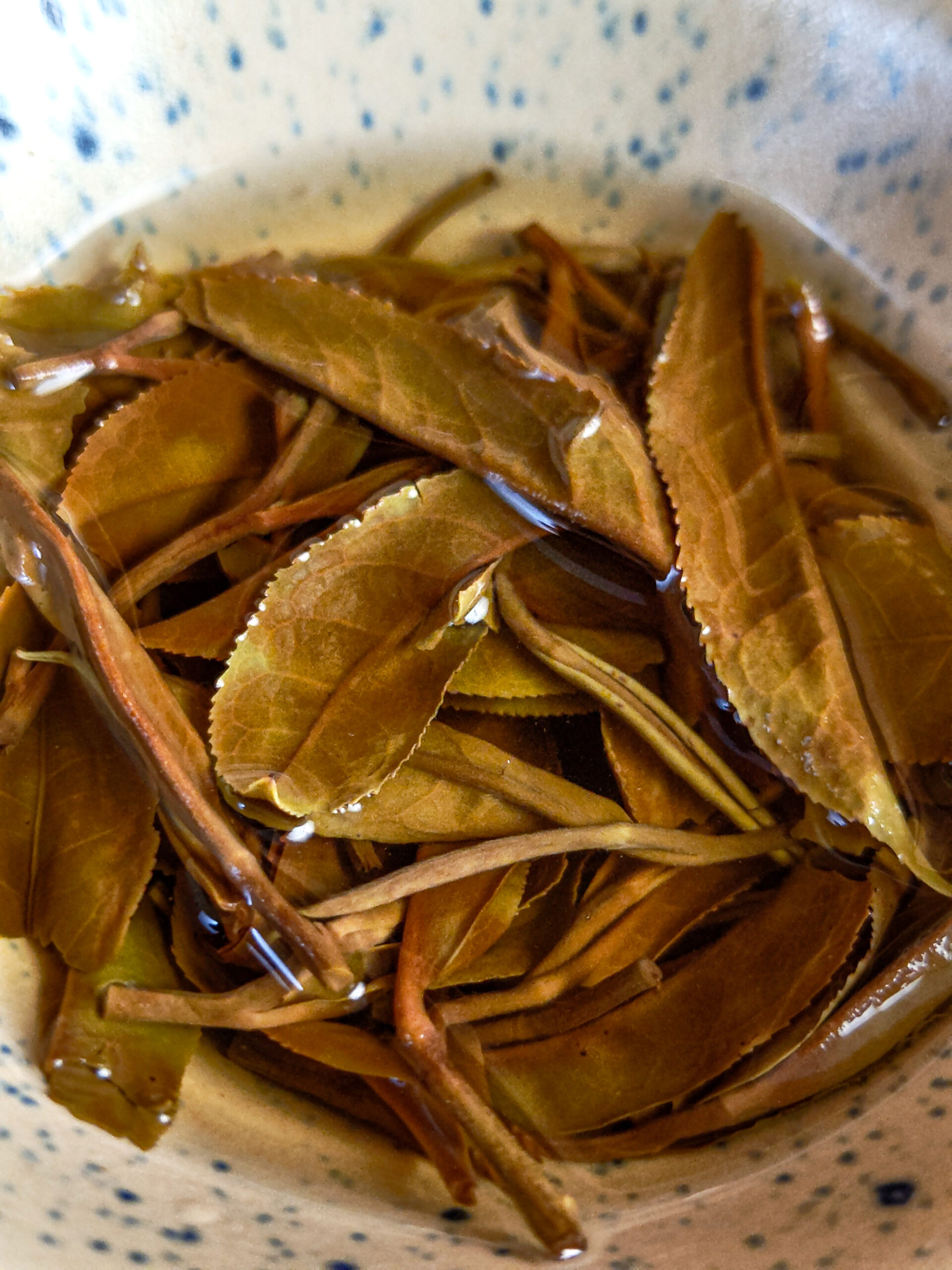
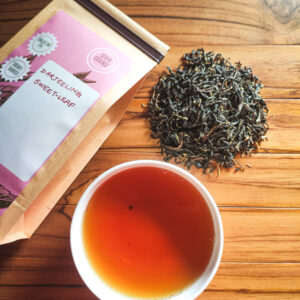
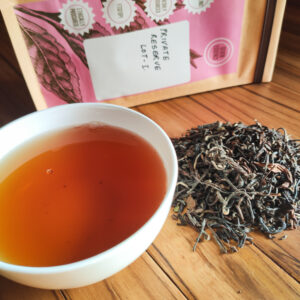
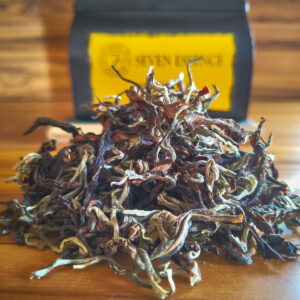

Reviews
There are no reviews yet.